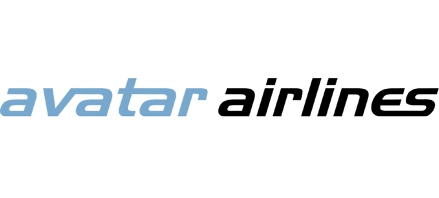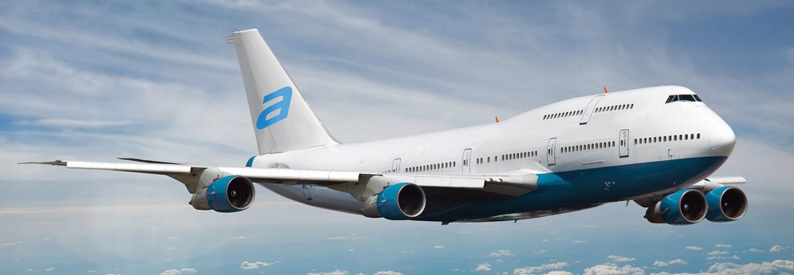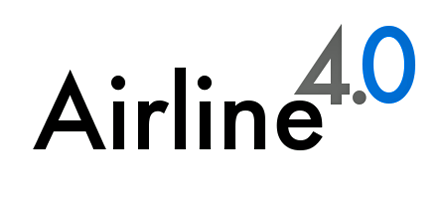Avatar Airlines (Las Vegas Harry Reid) filed another application with the US Department of Transportation (DOT) for a certificate of public convenience and necessity on November 19, as it seeks to establish itself as a Part 121 scheduled air carrier. The start-up failed with its previous attempts to complete its certification, most recently in 2017.
Avatar aims to become an ultra-low-cost carrier (ULCC) market disruptor, using a fleet of 14 high-density configured B747-400s and adopting a unique business model which would rely on significant advertising revenues to allow it to offer its low fares of USD19 on its short trips, USD79 on coast-to-coast flights, and USD99 to Hawaii. With regards to where passengers will be exposed to advertising, "nothing will be sacred," the ULCC says. "Anything that you see or touch will be available for purchase."
However, the ULCC's own drive for brand recognition in a crowded market would be helped by "an explosive 99-cent fare on each of its inaugural flights."
Avatar intends to raise USD300 million to fund its start-up costs and the acquisition of the 581-seat B747-400s. Within three to five years it expects to fund a planned fleet expansion of thirty B747-8s through an initial public offering (IPO). Avatar says it is presently in discussions with Boeing (BOE, Washington National) about these aircraft.
Its initial network, which will be flown by its first two B747-400s, will encompass routes between Los Angeles International, Las Vegas Harry Reid, New York JFK and Miami International. By the end of its first year, Avatar expects to have carried over five million passengers. At this point, its fleet would have grown to 14 aircraft and destinations of Orlando International, Dallas/Fort Worth, Chicago O'Hare, Philadelphia International, Tampa International, San Francisco, and Phoenix Sky Harbor would have been added to its schedule.
In the future, Avatar also plans to build a corporate headquarters and training centre, along with an MRO 145 repair station with dual B747-400 hangars.
The DOT has yet to respond to this latest iteration of the airline's vision - which it says is "air travel reimagined". It dismissed the start-up's last filing in 2017 after a period of trying to gain more information about Avatar's plans for a private placement to raise USD300 million dollars, and describing its application as "largely deficient".
Avatar was originally incorporated as Family Airlines (Las Vegas Harry Reid), and failed to secure Part 121 authority back in 1993 under this name. Renamed as Avatar Airlines, it filed applications in 2008 and 2014, both of which failed to pass the DOT's scrutiny.


